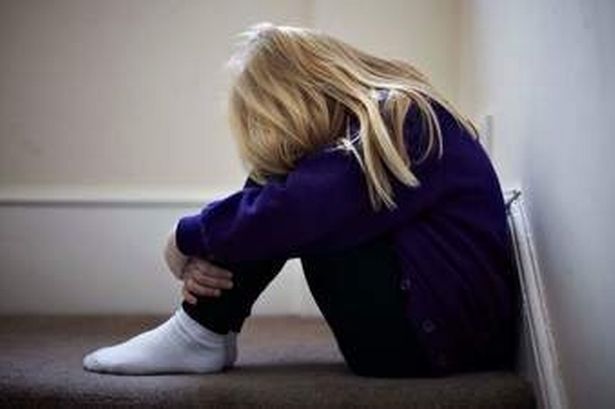On July 11, Liverpool Riverside MP Kim Johnson launched a debate in Parliament about the government's two-child benefit cap.
In her opening statement she talked about the 'explosion of child poverty' that is the 'number one by-product' of the last 13 years of Tory austerity and said the current cost of living crisis was adding 'unbearable pressure' to what is an already critical situation for many families who just can't make ends meet.
Nowhere is this impact more visible than in Ms Johnson's home city of Liverpool. In the city, for every class of 30 children, 11 are living in poverty. In Ms Johnson's Riverside constituency the child poverty rate now stands at 42 per centre – up around 7% since 2015, two years before the two-child limit was brought in by then Chancellor George Osborne.
READ MORE: Man dead and two people arrested after horror crash
The two-child limit restricts welfare payments to large families in a bid to force more parents into work. It has been described as 'cruel and 'pernicious' and widely blamed for surging levels of child poverty.
Official statistics have found one in 10 children – around 1.5 million kids – live in households affected by the limit. Parents can lose out on up to £3,235 a year per child in 2023/24 under the rules.
Kim Johnson's debate appeared to have two main aims. To highlight the pain the policy has caused for children and families in Liverpool and to call on a potential incoming Labour government to scrap it.
Ms Johnson said: "I believe that the incoming Labour Government should make every effort to look at eradicating poverty in any way, shape or form", before adding: "We need to end this horrendous two-child policy and ensure all children have the opportunity to thrive."
Its not known whether Ms Johnson was aware that an announcement on Labour's plans regarding the controversial policy were imminent but when it arrived just five days later, it took pretty much everyone by surprise.
Asked by the BBC's Laura Kuenssberg on her Sunday morning programme about the benefit cap, Labour leader Keir Starmer bluntly confirmed that his party would 'not be changing' the policy if, as many expect, they take power next year. You could practically hear the audible gasps around the country – including I imagine from some members of the shadow cabinet.
After all it was only in June that shadow work and pensions secretary Jon Ashworth told the Mirror that the policy was 'heinous' and was 'absolutely keeping children in poverty'.
He wasn't the only one. In 2020 Labour's deputy leader Angela Rayner called the policy 'obscene and inhumane', while the likes of Lisa Nandy and Jonathan Reynolds have all talked of abolishing the cap. Even Keir Starmer himself vowed to scrap the measure in his leadership bid three years ago.
There is a reason all these people said all these things and that's because they are true.
This is a cruel policy that is pushing more than one million children deeper into poverty and getting rid of it could change that overnight. The End Poverty Coalition says removing the cap would immediately take 250,000 children out of poverty in one move.
And what could be a more important mission for an incoming Labour government than taking children out of poverty? New Labour often divide opinion when it comes to their legacy but no one can deny they pulled a huge number of youngsters up above the breadline.
Starmer's rationale for his decision is of course about money – and optics. He told the Future of Britain conference that his party will have to make 'really ruthless' decisions, especially when it comes to spending.
Everyone knows what a state the economy is in and we also know how much harder Labour has to work to be trusted on the finances regardless of whatever catastrophe the Tories have created. Lots of people get that and appreciate that the party won't be able to do everything it wants because of the state of the economy when they come into power.
But this one is different. Do Labour really need to be 'ruthless' when it comes to malnourished children? Is this not perhaps the most single obvious area that the party must show it is different from the Conservatives? Is it not one of the defining responsibilities of a Labour government to undo this barbarous policy that is designed to make families suffer? I think it should be.
When it comes to the costs, I think the £1.3 billion price tag feels fairly lightweight in the grand scale of government spending. As others have pointed out the entire amount, plus a little change, could be raised from removing VAT relief from private schools.
The United Kingdom has suffered through 13 long years of Conservative governments, 13 years of rising poverty, soaring foodbanks and falling living standards.
It is understandable that Labour want to manage the expectations of how quickly this can be turned around by an incoming government and that they are focussed on an image of economic responsibility – but when there is an opportunity to change the fortunes of a quarter of a million hungry kids in one go, I think most would say that's a policy risk worth taking.
Get the latest political news from Merseyside and UK by signing up to our newsletter

